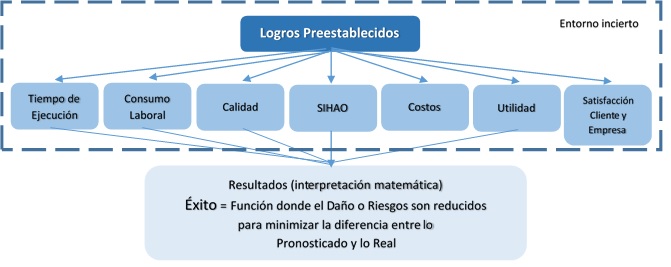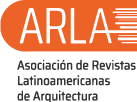The expertise variable associated with success in construction
DOI:
https://doi.org/10.51372/gacetatecnica241.3Keywords:
S Curve, Lessons Learned, La Pitia, Approximate Reasoning, Fuzzy LogicAbstract
The development of this research had the objective of obtaining a mathematical model called La Pitia that addresses the management capacity of construction companies so that they can respond: Why are the delivery dates of the works not being met? Why is the quality pre-established in the regulations not being met? Why is industrial safety not complied with? Why are they exceeding planned costs? Why does construction management become a factor that generates pathologies? It is part of a job in the area of construction prognosis, whose scope is to predict success. In this search, functions were obtained that model the company's ability to reduce the risks that it will face during the execution process, which have been called Expertise, which indicates how far or close it could be to the desired success in the execution of the work. The vast majority of construction companies in Venezuela do not receive feedback on the results obtained from their works, nor do they have a formal data arrangement system that allows reliable forecasts to be made, which is why the mathematical development of this work was based on concepts of Approximate Reasoning and Fuzzy Logic
Downloads
References
C. Ramírez, “Razonamiento Aproximado y Adaptable en el Procesamiento de Consultas Vagas” Universidad Nacional de Colombia, Medellín, 2008
D. Gamo y M. Suárez. “Razonamiento con imprecisión: Lógica Borrosa. Departamento de Inteligencia Artificial (apuntes y ejercicios)” Universidad Politécnica de Madrid. Madrid, España, 2017
J. Detlef, “Mapas Mentales: organice sus proyectos” traducción Blanca Jiménez Iglesias, Panamericana editorial, Bogotá, Colombia, 2016
J. R. Fernández, “Análisis de la Curva de Producción Publica de VOP en Castilla – La Mancha” Universitat Politècnica de València, España, 2015
V. Piqueras, “La curva del Olvido”, (El Blog de Víctor Piqueras), Universidad Politécnica de Valencia España, 2022, Disponible en: https://www.iebschool.com/blog/curva-del-olvido-la-razon-por-que-no-recordamos-lo-que-aprendemos/
M. Rodríguez, “La ley de Yerkes-Dodson: la relación entre el rendimiento y la motivación”, 2022, Disponible en: https://lamenteesmaravillosa.com/la-ley-de-yerkes-dodson-la-relacion-entre-el-rendimiento-y-la-motivacion/
C. Nickerson, “The Yerkes – Dodson and Performance” Simply Psychology, 2021, Disponible en: https://www.simplypsychology.org/what-is-the-yerkes-dodson-law.html
C. Rueda y M. Ortiz, “Toma de decisiones en situación de certeza, riesgo e incertidumbre” Universitat Politècnica de València, España, 2013

Published
How to Cite
Issue
Section

This work is licensed under a Creative Commons Attribution-NonCommercial-ShareAlike 4.0 International License.
The opinions expressed by the authors do not necessarily reflect the position of the editor of the publication or UCLA. The total or partial reproduction of the texts published here is authorized, provided that the complete source and electronic address of this journal is cited. Authors have the right to use their articles for any purpose as long as it is done nonprofit. The authors can post on the internet or any other media the final approved version of their work.






.png)




